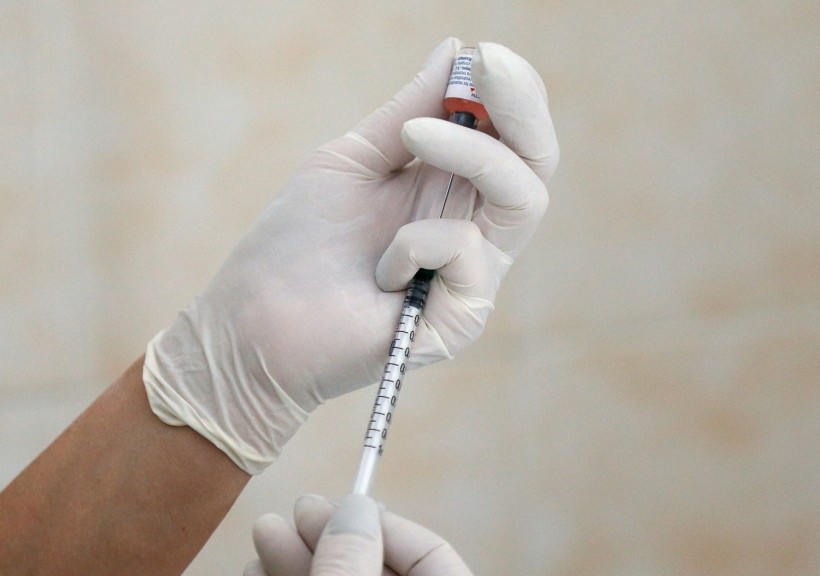
Vaccine reluctancy has been a major global trend that the World Health Organization declared it as a worldwide health threat in 2019. Misinformation and miseducation are the main reason why.
Unfortunately, while third world countries are struggling to get vaccines, most people who think vaccines are not safe came from high-income regions, according to the Wellcome Trust, a UK medical research charity.
Among the continents, Europe has the lowest confidence level. Western Europe only has 59 percent, while the eastern side has way lower, with 40 percent.
And the country with the least confidence is France.
Vaccine Scare
Despite the effectiveness that has been proven for many decades, vaccines make one out of three French people frown for believing it is unsafe. Then, one in every five people, on the other hand, think it is ineffective.
This lack of trust rooted in a series of mishandled medical crises.
In the 1990s, there is a report from medical professionals who linked the development of multiple sclerosis to hepatitis B vaccine. Even if there is no strong evidence to support it, the mandatory school vaccination program got suspended while the matter is still being proven.
Then during the H1N1 crisis in 2009, the French government spent almost a billion euros on vaccines that has become unnecessary eventually after health expert realized that the pandemic is not as dangerous as initially thought. This caused anger at the WHO for causing the mass hysteria, said Heidi Larson, director of the Vaccine Confidence Project and a professor of anthropology at the London School of Hygiene and Tropical Medicine.
Larson also said that people lost trust in vaccine too. In fact, in 2010 or the year after the H1N1 hysteria, the confidence level went down to 61 percent, from 91 percent in 2000, according to a French health agency Santé Publique France.
Social Media Made It Worse
Social media networks are developed to make the transfer of information easier -- unfortunately, misinformation is included.
To combat this, French health officials are also posting information on multiple social media platforms like Twitter, Facebook, and LinkedIn. They are also posting informative videos, like "Nine Bullshits on Vaccines", on Youtube.
Sylvie Quelet, director of health promotion and prevention at Santé Publique France, stressed the importance of informing people on the truth of vaccines to counter fake news.
The Threat
The resurgence of fatal diseases that are easily controlled by vaccines is the biggest consequence of vaccine hesitancy or even inadequate vaccine uptake, said Mike Catchpole, the chief scientist of the European Centre for Disease Prevention and Control.
Measles, for instance, is a highly contagious disease. And in order to control it, 95 percent of the people in a community must be vaccinated. Among other highly communicable diseases, this has the highest threshold.
Unfortunately, France has reported 2,269 new cases of measles in 2018, compared to 2017, and it is highly linked to anti-vaccine propaganda.
Larson said measles to a "canary in the mine" as it is an indicator of vaccine coverage problem.
Pediatrician Sydney Sebban said that building trust with parents can help ease their reluctance and it takes time. He does that by listening to their questions and concerns and providing quality information, including the risk.
Sebban also encouraged the parents to ask questions to the elderly about the terror of some illnesses that were forgotten since the widespread immunization began.
© 2024 NatureWorldNews.com All rights reserved. Do not reproduce without permission.





